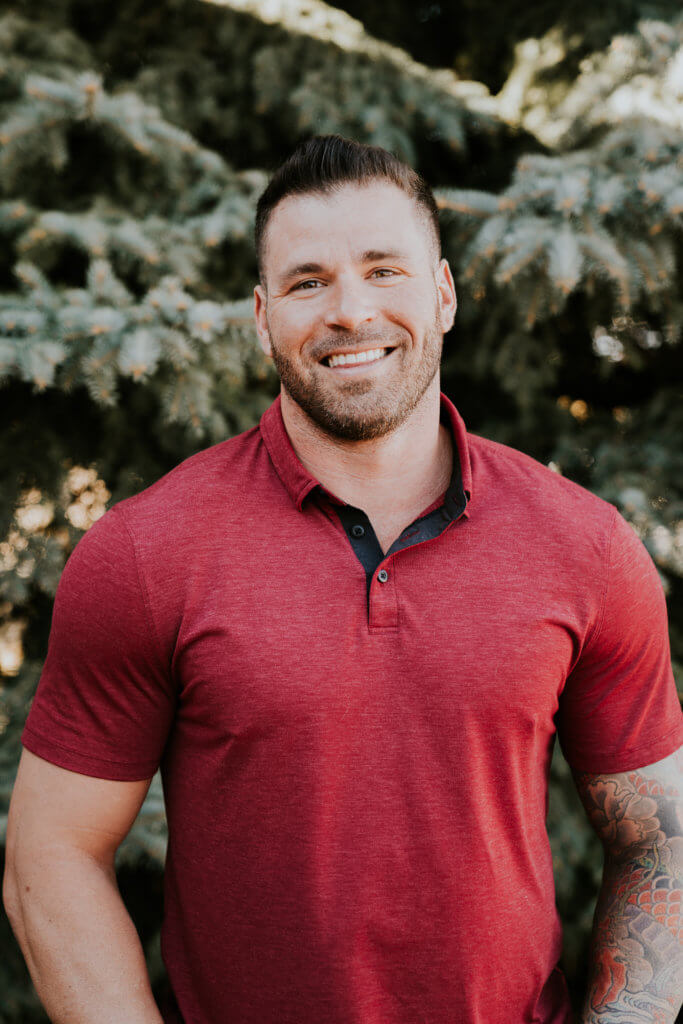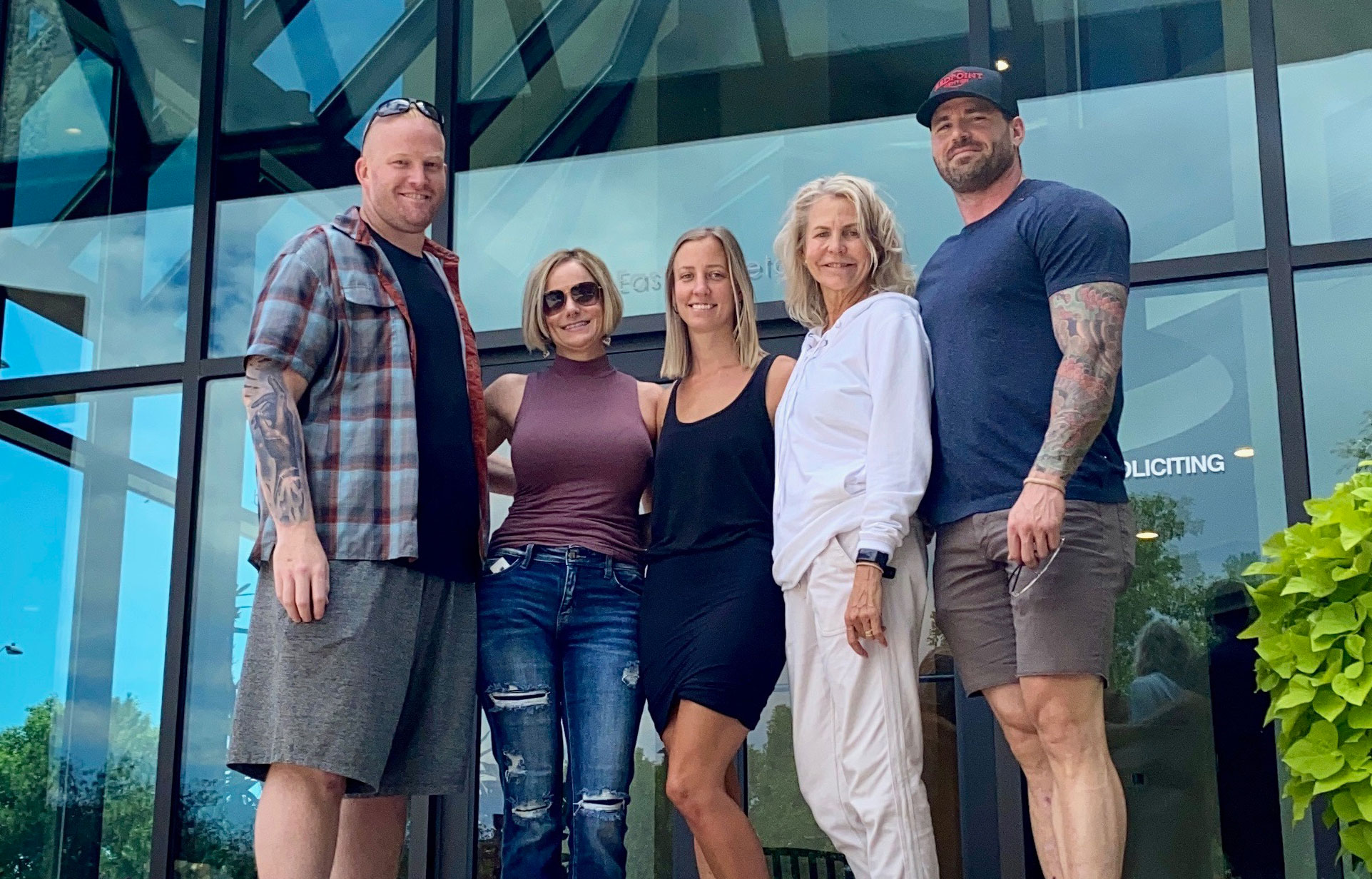
According to the 2021 National Survey on Drug Use and Health (NSDUH), “13.5 percent of young adults aged 18 to 25 had both a substance use disorder and any mental illness in the past year.” Additionally, “Nearly 1 in 3 adults had either a substance use disorder or any mental illness in the past year, and 46 percent of young adults 18-25 had either a substance use disorder or any mental illness.” These statistics are emblematic of why it is critical to treat issues of mental health in tandem with those of addiction. In Colorado, many Longmont mental health treatment programs offer this dual focus.
Longmont Mental Health Treatment Options: Understanding Full-Day Treatment
When it comes to treating co-occurring issues of mental health and addiction, there are many recovery options. These options range from residential and inpatient programs to non-residential and partial hospitalization programs (PHPs) to community and 12-Step recovery programs.
Many people are also under the misconception that comorbidities of mental health and addiction correlate to extreme diagnoses and thus require residential treatment. While, of course, everyone’s recovery needs are relative, not everyone with comorbidities requires inpatient care. For example, an individual may be struggling with addiction and an anxiety disorder that may best be treated via medication and psychotherapy but is not at the level of severity that requires a residential treatment program.
However, regardless of which treatment program one begins their journey with, the important part is that they begin it by working with a professional. Not only can a professional or specialist in the treatment field help determine the right recovery route to take, but they can also help determine if issues of comorbidities are present. The truth is that co-occurring disorders can often be hard to detect because one often overshadows the other, making a diagnosis difficult.
An Ideal Recovery Setting: Longmonth Mental Health Treatment
Just as important as which treatment program one chooses is where the recovery center that offers that treatment program is located. Some individuals may choose to relocate for treatment, while others may opt to stay local. However, regardless of the distance one wishes to travel, Colorado can offer the ideal setting for anyone’s recovery program. This is especially true in the City of Longmont.
Longmont mental health treatment options are ideal for those who want to experience some of the best natural settings that the country has to offer. Many people may not realize the very real and quantifiable effects that nature can have on one’s psyche. According to the International Journal of Environmental Research and Public Health, “Besides physical health improvements, nature exposure can bring about positive influence upon psychological constructs such as boredom, friendliness, well-being, and liveliness,” and “across more than one hundred studies on nature/wildlife exposure, stress mitigation has been shown to be one of the most consistent and important psychological benefits.”
Longmont is also less than an hour away from Denver, one of the most unique urban hubs in the country. Being able to be hiking in the Rocky Mountains (less than 40 minutes away from The Redpoint Center in Longmont) one day and engaging in a fast-paced yet craft-driven cultural hub the next can be the perfect variety of settings for those needing stimulation in recovery.
The Redpoint Center and Longmont Mental Health Treatment Options and Modalities
Equally as important as what happens outside of the recovery center is what is offered inside. At The Redpoint Center, we believe that comprehensive recovery is key when it comes to treating issues of mental health and/or addiction. By offering a variety of modalities and therapy tools, we can create recovery plans that focus solely on individual needs rather than offering an overarching “cookie-cutter” program.
Our full-day treatment modalities are varied and include “traditional,” holistic, and experiential options. For example, for individuals that need to focus on the underlying core issues of their negative behaviors, we offer evidence-based cognitive-behavioral therapy (CBT), and dialectical behavior therapy (DBT). Our professional clinicians are able to use these therapies to address these underlying issues and help clients work through them rather than escape from them.
Then there are more experiential and holistic options such as breathwork, meditation, and yoga. These practices have been shown to aid in stress management and also have the potential to physically change brain chemistry to help in cognitive functioning and emotional regulation.
The Importance of Community Integration at The Redpoint Center
Here at The Redpoint Center, and specifically our Longmont mental health treatment facility, we are proud of what we have to offer our clients, as well as the exceptional recovery community that we both contribute to and are a dynamic part of. We know that having a community outside of the recovery center to keep individuals engaged and accountable is crucial.
The world often gets very small for individuals that are struggling with issues of mental health and/or addiction. Here at The Redpoint Center, we believe that recovery under the shadow of the Rockies can enlarge that world back to the size that everyone needs and deserves.






